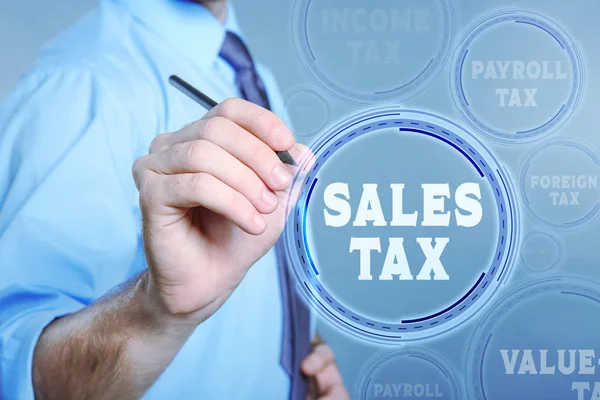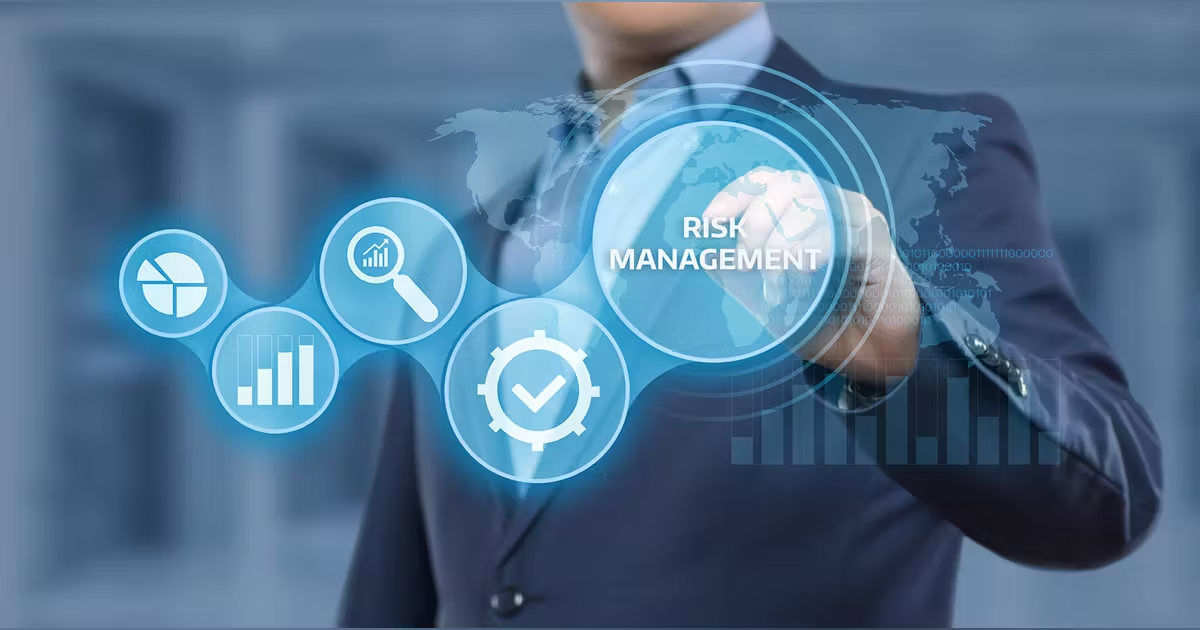Columbus Sales Tax Guide – A Quick Reference for Businesses

It is great to start a business in Columbus, Ohio! But it is important to know the city’s sales tax rules before you start ringing up sales. These rules tell you how to report the tax you get from customers to the government and how much tax you should collect.
This article breaks down the most important parts of Columbus’s sales tax, making it easy to understand. Professional tax services in Columbus can help you find out more.
What is the sales tax rate in Columbus?
There is more than one sales tax rate in Columbus. There is a mix of state and city taxes instead. This is how it breaks down:
- The Ohio State Sales Tax is a flat rate of 5.75 percent that is added to most things and services that are taxed.
- The sales tax in Franklin County is 1.25 percent extra because Columbus is in Franklin County.
Do I need to collect sales tax? Understanding nexus
In Columbus, not every business has to collect sales tax. The key to this is an idea called “nexus.” To put it simply, nexus means having a close enough link with the state to require taxation. Here are some situations that could lead to nexus:
- Physical presence: You probably have a nexus if you have a shop, factory, or even an employee living in Columbus.
- Economic activity: Even if there is not a real location, the connection could be established by making more than a certain number of sales in Columbus.
Understanding the nexus threshold
In Ohio, you will probably need to collect sales tax if your company has a real presence in the state or if your out-of-state sales to Ohio customers surpass a certain amount.
The exact connection level can vary, but this is the general rule. This amount is usually based on how your business works, how many deals you have had, and how much money you have made in total.

Who gets taxed, and who does not?
You will have to charge sales tax on some of the things you sell. To make things easier, here is a list of popular exemptions:
- Groceries: Fruits, veggies, bread, and other uncooked foods are not subject to this tax.
- Prescription drugs and medical equipment: Most of the time, these important things are not charged.
- Some services: Some services, like schooling and home fixes, may not be taxed.
Exemption rules can be hard to understand. For a full list of benefits that apply to your business, you should talk to the Ohio Department of Taxation or a tax expert.
Keep track of what you owe
You have to report and send sales tax to the state after you have received it. Know this:
- Filing frequency: How often you file relies on how much you sell. People who sell a lot of items might file once a month, while others might file every three months.
- Filing electronically: Ohio supports filing electronically because it is easier and faster.
For compliance, you must keep thorough records of your sales, purchases, and tax payments. You can use these records to figure out how much tax you owe, make sure your tax forms are correct, and react to any checks.
To make keeping records easier and cut down on mistakes, you might want to use sales tax processing software.
Sales tax remittance and penalties
You have to send your sales tax payment to the Ohio Department of Taxation once you know how much you owe. If you do not file your taxes or pay them on time, you may have to pay fines and interest. It is important to keep track of things and file your documents on time.
Seek professional guidance from a tax expert today!
Tax experts can help businesses understand the complicated sales tax rules by looking at their situation, finding deductions, helping them fill out their tax returns, and appearing on their behalf during audits. So go ahead and speak to one today!






